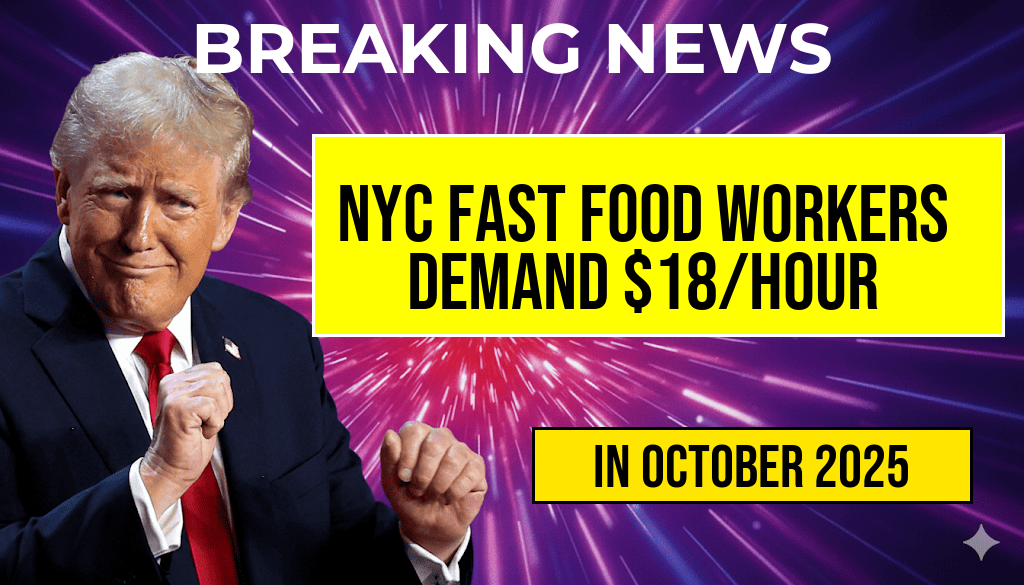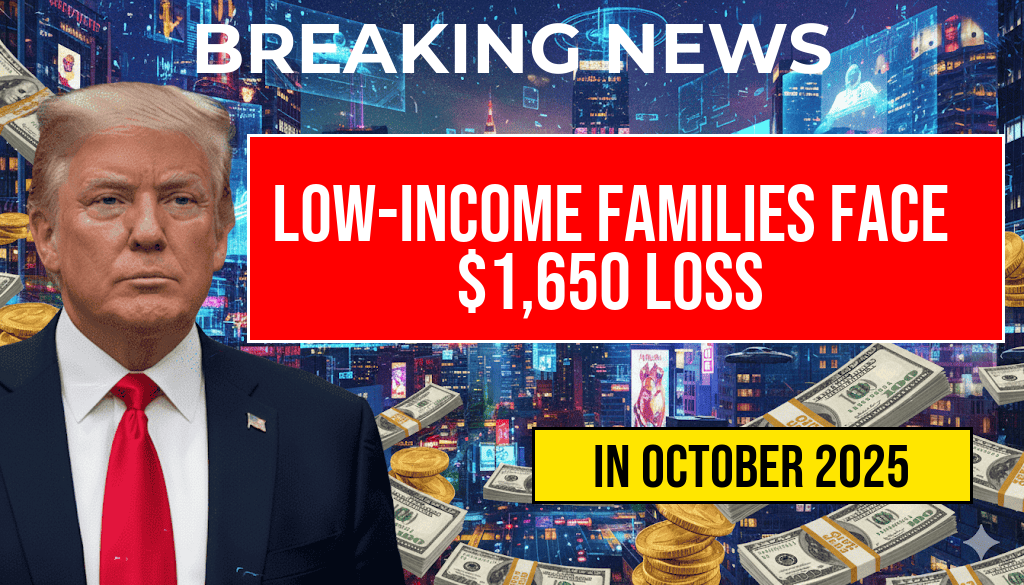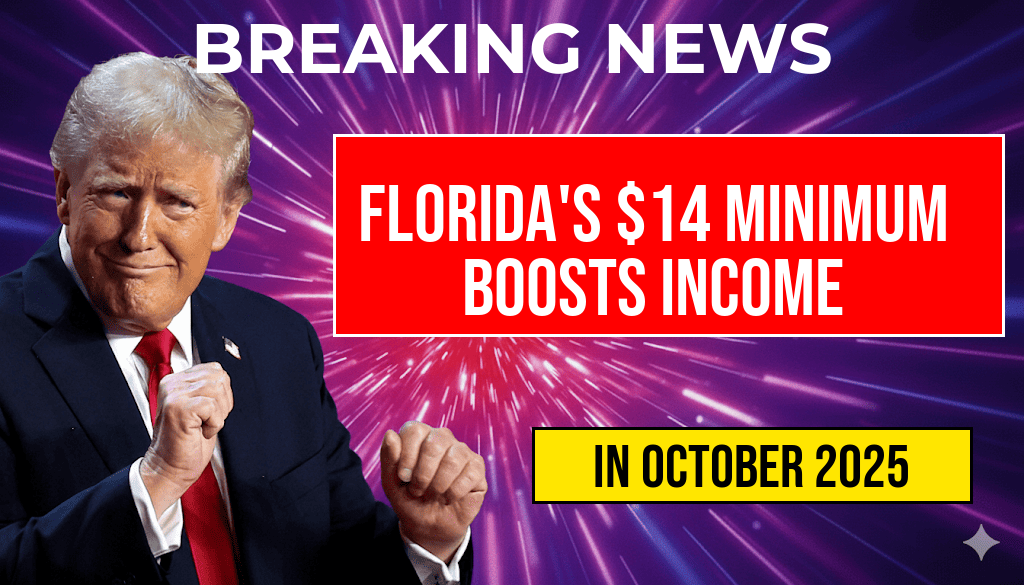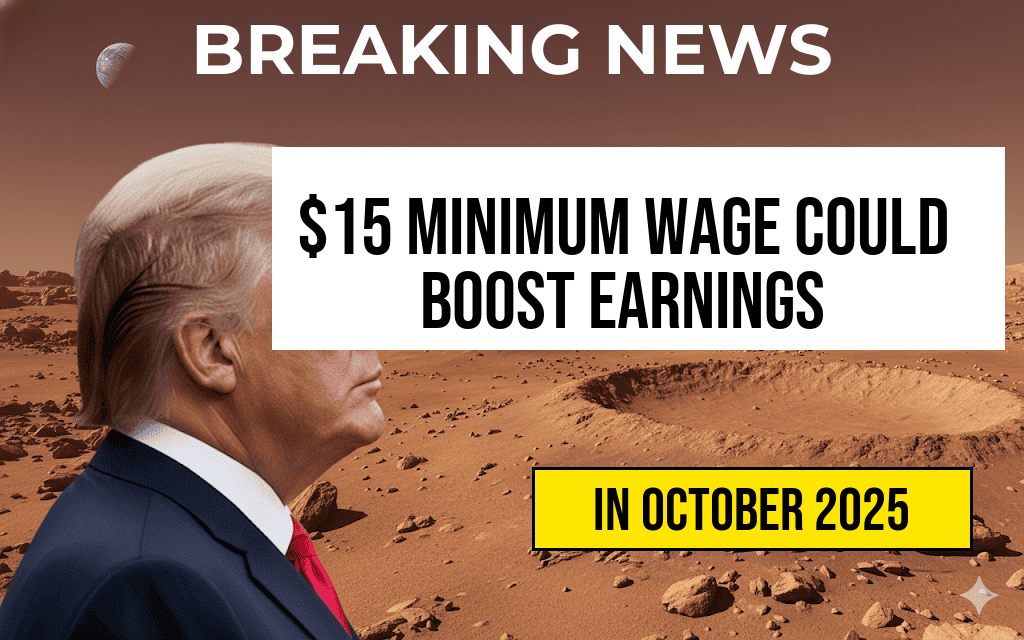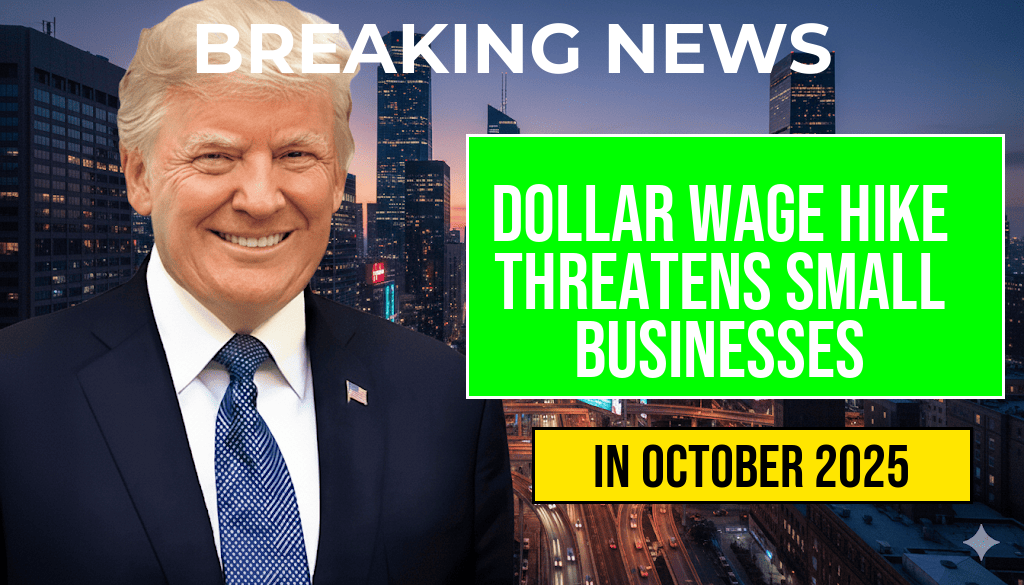Workers at numerous fast food establishments across New York City are ramping up efforts to secure an $18 an hour minimum wage, citing rising living costs and persistent wage stagnation. The campaign, launched by local labor advocates and worker coalitions, aims to pressure city officials and major restaurant chains to adopt higher pay standards. With thousands of employees facing long hours and limited benefits, organizers argue that increasing wages is essential to ensuring economic stability and fair compensation for frontline workers. The push for an $18 minimum wage reflects broader concerns about income inequality and the affordability crisis gripping New York, which has one of the highest costs of living in the country. As negotiations and protests unfold, the movement underscores ongoing debates over wage policies in the fast food industry, a sector historically characterized by low wages and limited upward mobility.
Growing Movement for Fair Compensation in NYC’s Fast Food Sector
Background and Context
Fast food workers in New York City have long advocated for better wages and working conditions. Sporadic protests and strikes have punctuated the last decade, often demanding a minimum of $15 an hour—a figure that has become a baseline in many discussions about fair pay. However, as inflation and housing costs continue to rise, workers argue that $15 no longer suffices. The current minimum wage in New York State varies by region, but many fast food employees earn close to or slightly above the state minimum of $15 an hour, with some earning less due to part-time schedules or tipped positions.
The push for $18 an hour is rooted in the belief that wages need to keep pace with cost-of-living increases. According to the NYC Department of Housing Preservation and Development, the median rent for a one-bedroom apartment in Manhattan exceeds $3,000 per month, making affordable housing out of reach for many workers earning less than $20 an hour. This economic reality has galvanized workers and activists to demand higher wages that reflect the city’s financial demands.
Key Demands and Strategies
The campaign centers on several core objectives:
- Implement an $18 minimum wage across all fast food establishments in NYC.
- Guarantee paid sick leave and improved workplace safety standards.
- Establish pathways to unionization for employees seeking collective bargaining rights.
Organizers have employed a mix of tactics, including coordinated protests outside major chain outlets, social media campaigns, and lobbying efforts directed at city council members. Worker testimonials highlight struggles with unpredictable hours, insufficient pay, and the toll of working in high-pressure environments without adequate support.
Industry Response and Economic Implications
Major fast food corporations operating in NYC have maintained a cautious stance. Some have expressed openness to wage increases, citing the need to retain staff amid a tight labor market, while others have emphasized the potential economic impact of higher labor costs. Industry representatives warn that significantly increased wages could lead to higher menu prices, potentially reducing patronage and impacting small franchise owners.
| Parameter | Potential Effect |
|---|---|
| Additional annual labor costs per store | $50,000–$150,000, depending on store size and staffing levels |
| Possible menu price increase | 3–5% to offset higher wages |
| Employment levels | Potential stabilization or slight reduction, depending on automation and operational adjustments |
Legal and Political Landscape
While New York City has historically been progressive on labor issues, implementing an $18 minimum wage specifically for fast food workers faces obstacles. City officials have expressed support for wage increases but caution about the economic fallout. Legislative proposals are under review, with some council members introducing bills aimed at incrementally raising wages over the next few years.
Labor unions and advocacy groups continue to push for swift legislative action, emphasizing that fair wages are critical for addressing income inequality. According to Wikipedia’s overview of U.S. minimum wages, several cities have already adopted higher-than-federal minimum wages, setting a precedent for NYC to follow suit.
Public Sentiment and Future Prospects
Public opinion polls indicate broad support for increasing wages among New Yorkers, especially amid the economic pressures of recent years. Workers involved in the campaign remain optimistic that sustained activism will lead to tangible policy changes. However, opponents argue that a sharp wage hike could lead to job losses or increased automation, particularly in a fragile economic climate.
The campaign’s momentum suggests that wage discussions in the fast food industry will continue to dominate labor policy debates within NYC. As the city grapples with its economic recovery, the push for an $18 minimum wage reflects broader calls for equity and fairness in employment standards that could influence national labor practices.
Frequently Asked Questions
What is the main goal of the New York fast food workers’ campaign?
The campaign aims to achieve a $18 an hour minimum wage for fast food workers across New York City, advocating for better wages and improved working conditions.
Why are fast food workers in NYC demanding a higher minimum wage?
Workers are demanding a higher minimum wage to address the rising cost of living in New York City and to ensure fair compensation for their labor in the fast food industry.
How does the campaign plan to achieve its goal?
The campaign involves organized protests, advocacy efforts, and negotiations with policymakers to push for legislation that mandates a $18/hour minimum wage for fast food employees in NYC.
What impact could this wage increase have on fast food workers and the industry?
A wage increase could provide better financial stability for workers, reduce turnover, and potentially lead to improved service quality, though it may also influence pricing and industry operations.
Are other cities implementing similar wage increases for fast food workers?
Yes, several cities and states are exploring or have implemented higher minimum wages for fast food workers, recognizing the importance of fair pay in the service industry.

